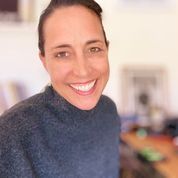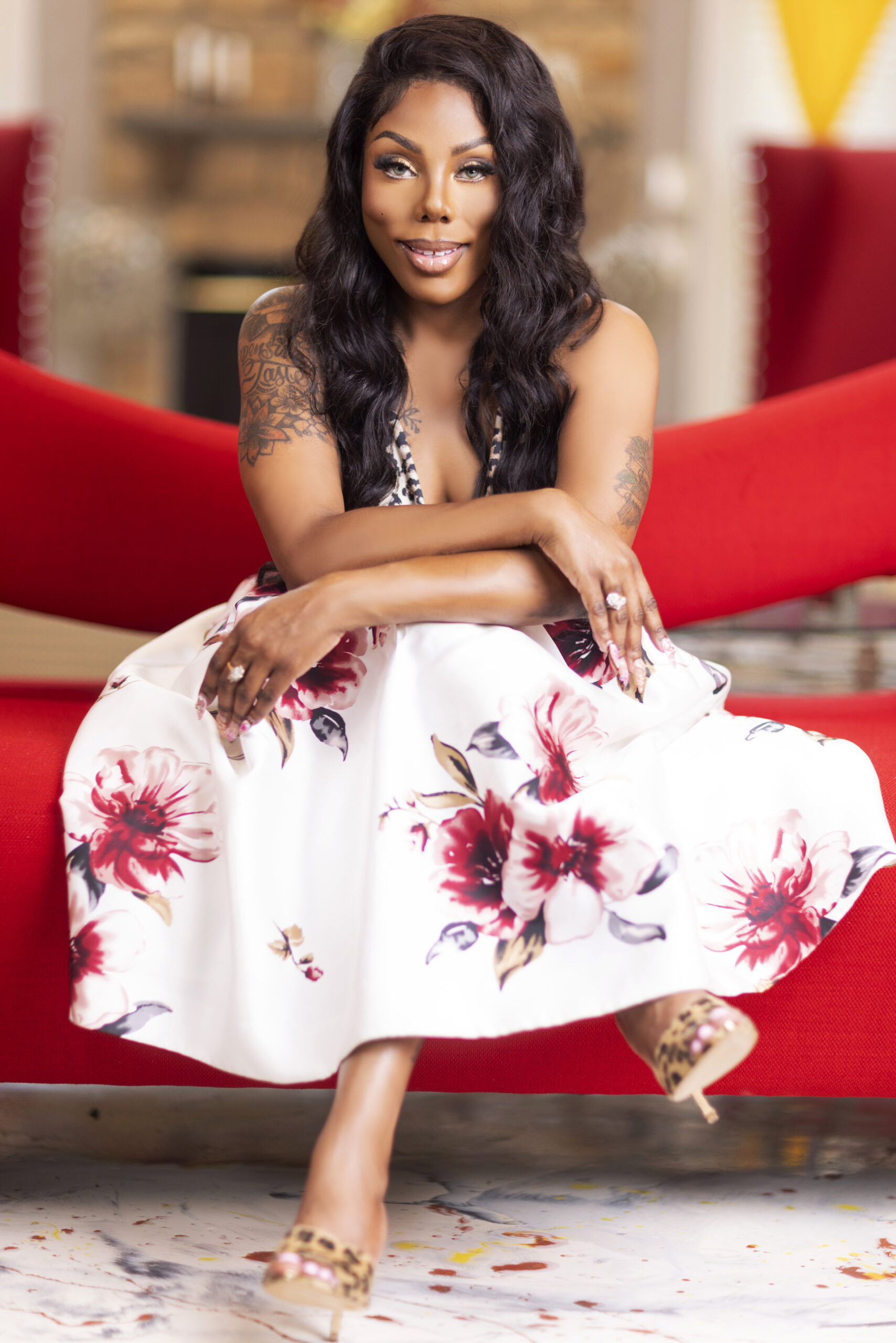( ENSPIRE Community Spotlight ) Katherine King, CEO of Invisible Culture discusses Cultural Barriers and Stress
ENSPIRE Contributor: Amitha Bhat
Katherine King, the CEO of Invisible Culture, has a master’s degree in organizational psychology and is a leading consultant for companies on interpersonal and intercultural dynamics specific to key transitional phases. In an interview with Katherine King, she discusses Invisible Culture, cultural barriers, and stress.
Tell me a little bit about yourself.
I work with individuals and major companies as a corporate consultant for which I apply various behavioral sciences in my Interaction Intelligence Quotient (IIQ) training method. A significant aspect of my work is as a Diversity and Inclusion specialist with a focus on global workplace dynamics. My experiential approach is aimed at increasing competency development and the success of many complex and sensitive international negotiations, in addition to executive and family expatriation and repatriation programs. So I’ve had extensive experience with global companies that routinely staff in various countries when it is vital to adequately prepare people for expatriation (and repatriation). I studied Political Science at Stony Brook University, received my Master’s in Organizational Psychology from Teachers College, Columbia University. I’ve worked extensively across the United States, India, Singapore, Japan, China, Australia, and Costa Rica. I’m a member of The Society for Intercultural Education, Training and Research (SIETAR), and the Society for Human Resource Management (SHRM). I’m married and have three amazing sons.

Tell me about Invisible Culture. What is your mission?
I create a series of scientifically-based and custom-designed programs to provide foundational skills in building productive interpersonal and intercultural dynamics in companies and individuals. This is all built around the concept of the “Invisible Culture” or the aspects of ourselves and in others that we either don’t see or tend to overlook. It is the recognition that our fundamental “Beautiful Differences” are not something to overcome but to understand and embrace. I guide the progression through awareness of self, awareness of the other, and adaptation to achieve the conscious ways of matching intent with action.
How is Invisible Culture helping people break past cultural barriers?
Two of the cornerstones of my work are Acceptance of the Other and Adaptation of the Self. People with good intentions may not recognize that what makes them successful at home is exactly what could cause offense elsewhere. Various studies indicate that 75% of employees recognize how relationships, trust, and culture are vital to functional interpersonal engagements. With the right cross-cultural tools, they have been able to continually adapt whether it is to a new country, work-team. or evolving self. Companies report paradigm shifts in workplace values and strategies after doing the work around the Science of Difference, especially in environments where diversity and inclusion are valued.

What is the most important thing about understanding cultural differences?
This world has close to eight billion valid ways of seeing things, so it is no wonder we struggle to find the way ahead together. But I am hopeful nonetheless because I am certain most of those 8 billion people share similar goals of mutual well-being. That is the foundation of this house of self-awareness and adaptation. When we say someone else is rude it’s more an expression of our preferences launched at another person in a negative way. It is natural for us to do that under stress. But it isn’t natural to be aware that we are all capable of it. I remember when I was 20 and backpacking around the world back in 1991. When I visited Japan and saw how everybody followed the rules, I negatively judged them as Rule Followers. I placed a label on them. I boxed in an entire population of a beautiful culture of people into something I could easily label through a narrow perspective. In reality, that negative judgment was not an accurate reflection of their worth but more a reflection of my own risk-taking adventurous and young spirit. Once I learned how to get out of my own way, suspend negative judgments and search for alternative causes, I had more access to the humanity that we all share.
How can we use this understanding to combat issues in our society?
We have all witnessed the pain of inequality and how it is dividing our country. Understanding our Invisible cultures is the starting line in the race toward meaningful change and global unity. But the path has to be lined with respect for difference and a belief in our core equality to one another. When people begin to accept that we are all valid, then we can take a self-inventory of the number of negative judgments we make in a day. When we are able to suspend judgments toward people who don’t agree with us, we can begin to learn about each other’s invisible cultures: values, beliefs, and assumptions and adapt based on each other’s needs. It won’t be easy and it will require people to have compassion for what we all share: the need to be able to exist and thrive as who we authentically are. But it’s going to take all of us, because I believe diversity is our strength and inclusivity as our path forward because our “Beautiful Differences” are necessary to find the evasive finish line of global collaboration.
What is the science behind a stressful event? How would you advise people to manage stress during this pandemic?
According to the Process Communication Model by Taibi Kahler, each different personality type will have different psychological needs that arise when under stress. Fear and uncertainty are stress triggers. Recognizing when you are (or someone is) in stress is the first step in adapting to the needs of everyone on the team. There are three signs that someone is in Third Level Distress – if they are blaming, attacking or drooping (the “woe is me” conversation). Any communication that includes micro-aggressions or little put-downs are opportunities for self-awareness and self-correction. If people find themselves blaming a loved one, arguing with them or retreating into internal conversations of self-pity or low self-worth for an unhealthy amount of time, it (blame, attack, droop modes) can be a sign that a person is in distress and it is time to reassess! Forgiving ourselves and others can be a constructive part of the process of adapting to each other. Saying sorry for bad behavior, raised voices, blame or neglect, is also a great way to turn this paradigm shift into a growth experience.
To learn more about Katherine King, visit:
https://www.invisibleculture.com/about-1







